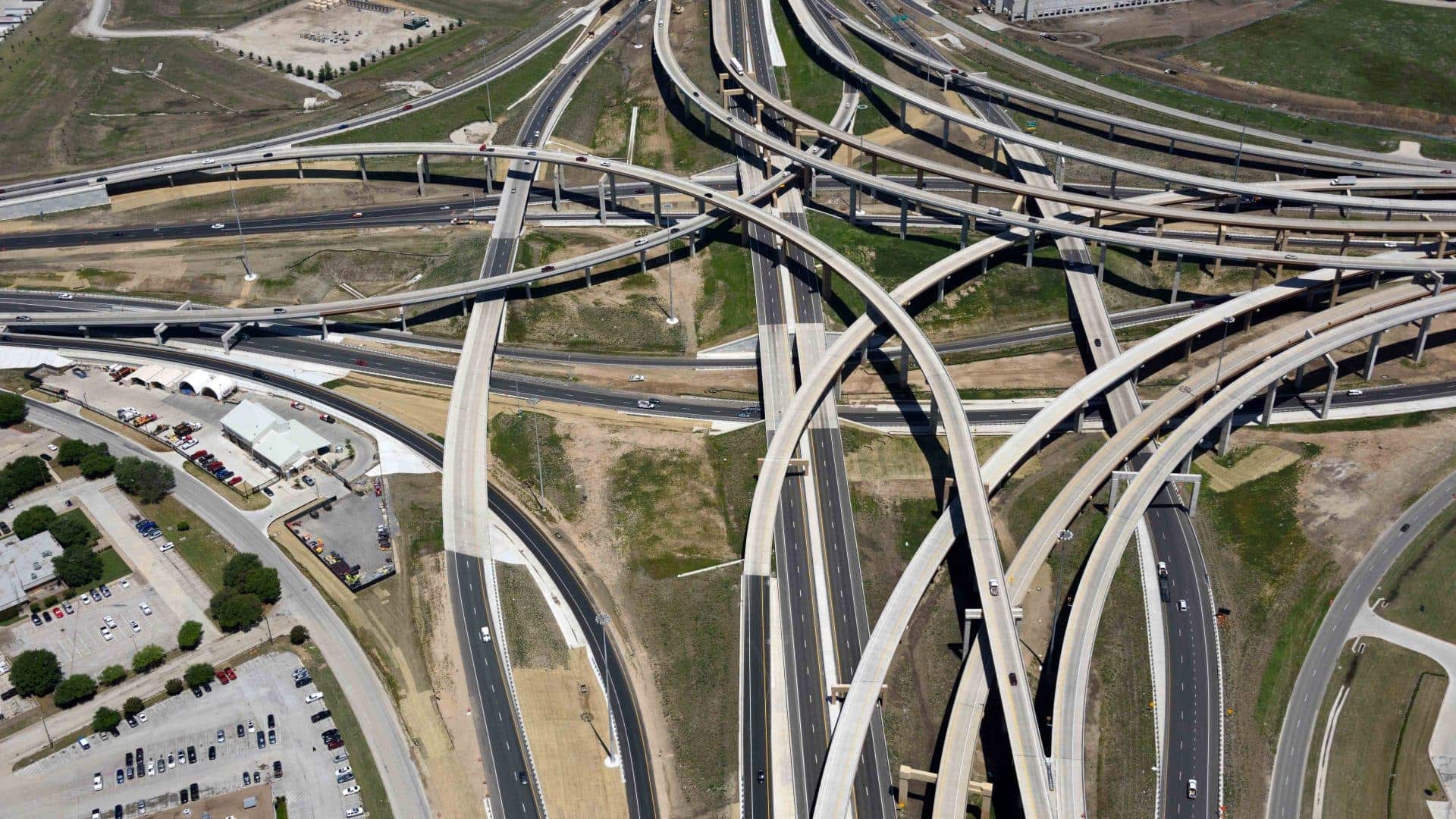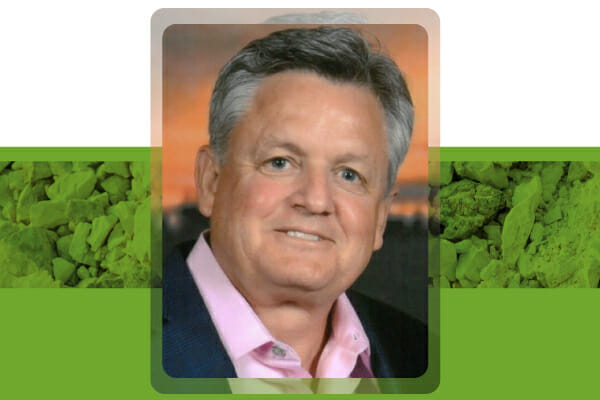For more than a decade, the North Tarrant Express (NTE) has been a long-term ongoing project, with multiple phases dedicated to improving mobility along north I-35W, northeast I-820 and SH 121/183 Airport Freeway through a regionally-supported TEXpress lane system.
The project has rebuilt and expanded 13 miles along I-820 and SH 121/183 from I-35W to the SH 121 split. This phase of the project rebuilt the existing four mainlanes, adding two more for a total of six. It also added four TEXpress lanes, along with frontage roads and auxiliary lanes to approximately double the existing capacity. Another major phase, the NTE I-35W project, spans ten miles in Fort Worth, from north of I-30 to US 81/287.


This comprehensive project is situated in some of the most expansive clay soils in the north Texas region. Throughout the entire project, high calcium lime has been used extensively to change the unstable, weak, expansive clays into a stable, uniform foundation that supports the overlying pavement layers. Current TxDOT forensic research has demonstrated the long-lasting benefits when lime is used in these soils, and the performance problems encountered when it is not.
Lime is nothing new to successful TxDOT projects, large and small. With more than 70 years of lime stabilization history, TxDOT has been a firsthand user of and believer in the immense benefits of Lime, mankind’s most versatile chemical.



